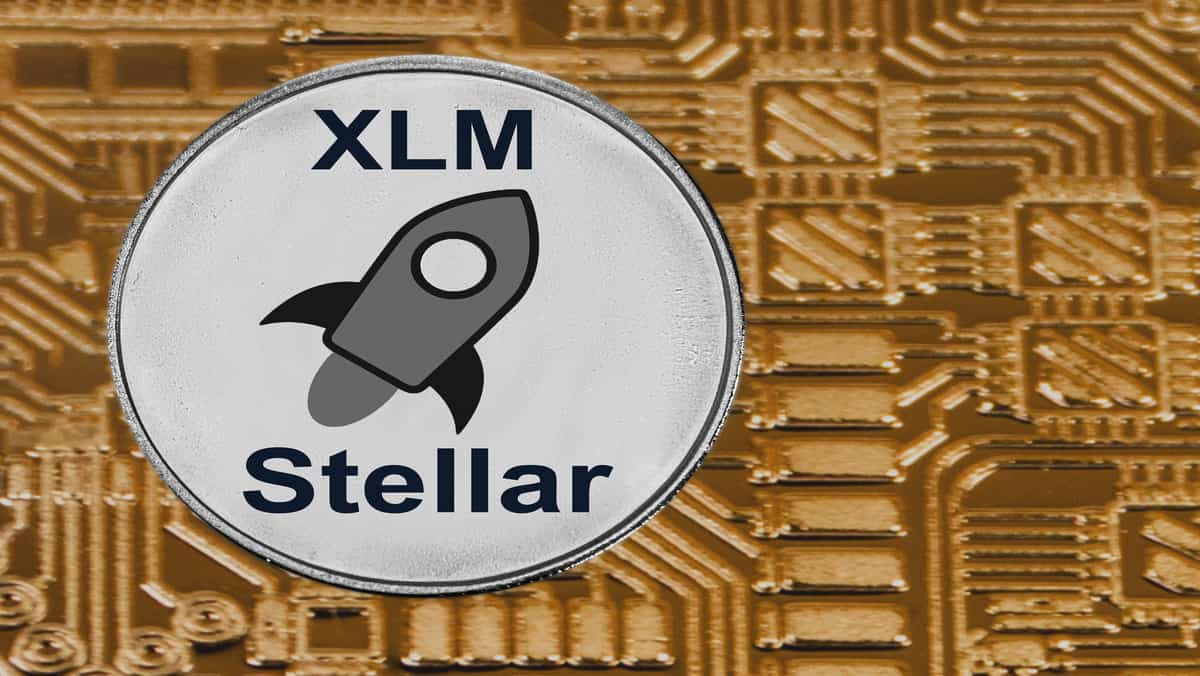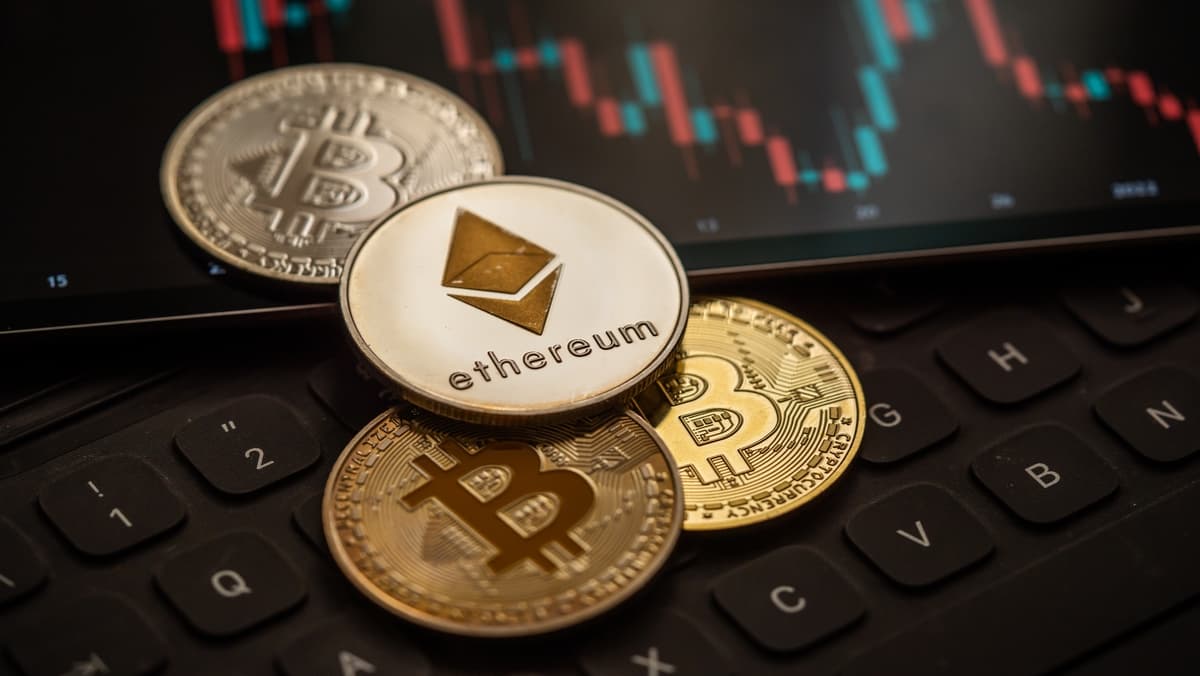The US stock market is experiencing apprehension due to high valuation concerns and a potentially slower pace of interest rate cuts. However, technical factors may offer support, particularly the performance of Nvidia.
The US and Japan are pursuing an unconventional approach to combat inflation through fiscal stimulus. This article highlights the strategy and potential outcomes.
Anne Walsh, CIO of Guggenheim Partners, predicts the Federal Reserve might cut interest rates in December, citing increasing signs of economic deceleration in certain sectors.
In the wake of the US government shutdown, investors face uncertainty due to missing economic data, potentially delaying or hindering Federal Reserve rate cuts. This data void raises concerns about market valuations and future trends.
Mohamed El-Erian highlights his anxieties about the financial strain on low-income consumers and the potential risks associated with refinancing substantial debt at higher interest rates.
This article discusses the underlying risks in the current US stock market, highlighting warning signs like high valuations and negative divergences.
Mark Zandi casts doubt on the ability of AI to compensate for the impact of deglobalization on the US economy, warning of recession risks and widening wealth inequality.

Commodity market today: Gold continues to capture attention as a key commodity within global markets. Its price movements often reflect broader economic trends, geopolitical tensions.

AI stocks are trending: The burgeoning artificial intelligence (AI) sector has drawn considerable attention, with several prominent companies leading the charge.

VOO performance analysis: The Vanguard S&P 500 ETF, commonly known as VOO, is one of the most popular exchange-traded funds tracking the performance of the S&P 500 index.

Easy stocks for beginners: Investing in the stock market can be intimidating for beginners, choosing the right stocks to start with is crucial.

Stellar climbs 4% today: Stellar (XLM) has recently experienced a noticeable upward movement, drawing attention to its potential trajectory in the coming years.
Solari Capital, founded by AJ Scaramucci, spearheaded a $220 million funding round for American Bitcoin, a mining company linked to the Trump family. The investment comes despite political tensions between Anthony Scaramucci and Donald Trump, with both sides claiming Bitcoin transcends politics.
This article explores Multicoin Capital's decision to invest in Ethena, highlighting USDe's role in the stablecoin market, risk management strategies, and future growth potential through diversification and tokenization.
A detailed study of stablecoin depegging incidents, from algorithmic models to traditional banking impacts, extracting crucial lessons to avoid future risks.

Which broker is best for bitcoin trading: The cheapest option often depends on your trading volume, frequency, and whether you want to own the underlying asset or simply speculate on its price.

Crypto day trading strategy: Cryptocurrency day trading has become increasingly popular as digital assets continue to gain mainstream attention and adoption.

Commodity trading strategy: West Texas Intermediate (WTI) crude oil has long been a central commodity in global energy markets.